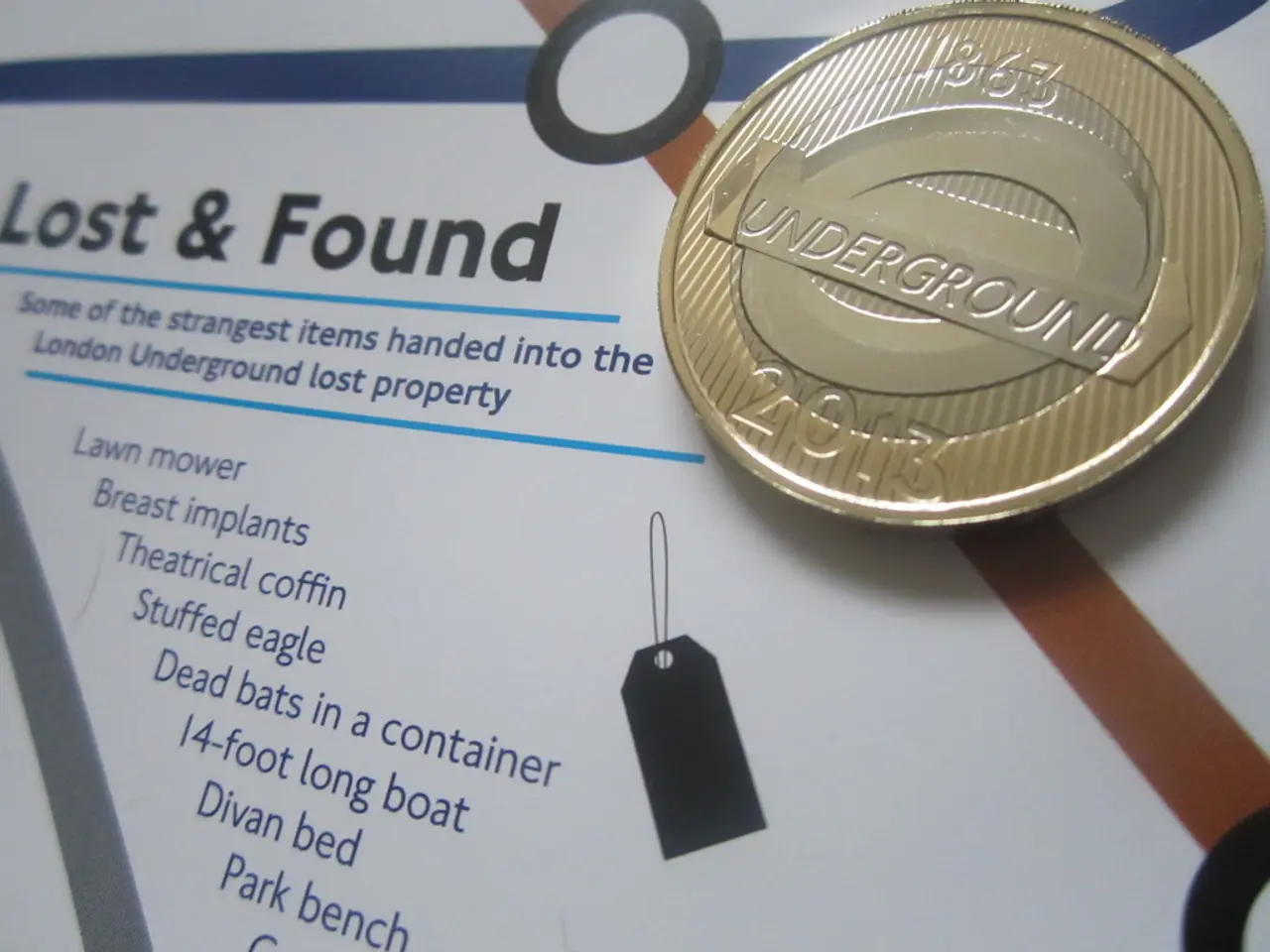State treasury increases by 8 bitcoins, equivalent to a monetary value of $674 million.
El Salvador, a trailblazer in the global cryptocurrency landscape, has embarked on an ambitious journey to integrate Bitcoin into its economy since 2021. This move, marked by government initiatives and significant challenges, has reshaped the financial landscape of the Central American nation.
Adoption Rates
Despite being the first country to adopt Bitcoin as legal tender, actual usage among Salvadorans remains relatively low. By 2024, only about 7.5% of the population used Bitcoin for transactions, with most people preferring U.S. dollars or traditional payment methods. The concentration of Bitcoin ATMs in the capital, San Salvador, reflects an uneven infrastructure distribution.
Remittance via Bitcoin accounts for only 0.52% of total remittances, down from earlier expectations. This low adoption rate in remittances could be attributed to a lack of understanding, trust, or convenience compared to established methods.
Government Actions and Challenges
The government, led by President Nayib Bukele, has persistently purchased Bitcoin daily, growing the national Bitcoin reserve to over 6,300 BTC, valued at roughly $650 million as of mid-2025. However, due to a $1.4 billion loan agreement with the IMF in late 2024, Bitcoin's status was revoked as mandatory legal tender in January 2025, making acceptance voluntary for businesses.
The government's Bitcoin strategy aims to foster financial inclusion, reduce remittance costs, and attract investment. However, it faces criticism over Bitcoin's price volatility and social costs of diverting public funds amid poverty. The government's Bitcoin mining powered by geothermal energy from a volcano has produced nearly 474 BTC, supporting the treasury and sustainability goals.
Challenges such as low public adoption, international criticism, and social concerns over resource allocation are not deterring El Salvador from its long-term Bitcoin integration goals. The government remains committed to increasing trust in Bitcoin and other blockchain technologies among its citizens.
In conclusion, while El Salvador remains committed to Bitcoin integration, adoption among the broader population is limited, and the government navigates complex economic, social, and international challenges in sustaining its cryptocurrency agenda. The future may see Salvadorans relying more on Bitcoin in their economic system, with other countries closely watching how El Salvador integrates Bitcoin into its national economy.
- The government's persistent Bitcoin purchasing and Bitcoin mining, powered by geothermal energy, indicate their continued investing in technology as part of an ambitious strategy to attract finance and foster financial inclusion.
- Despite El Salvador's status as the first country to adopt Bitcoin as legal tender, relatively low trading rates among the general population and low adoption in remittances potentially reflect a lack of understanding, trust, or convenience, creating challenges in reshaping the traditional finance landscape.



